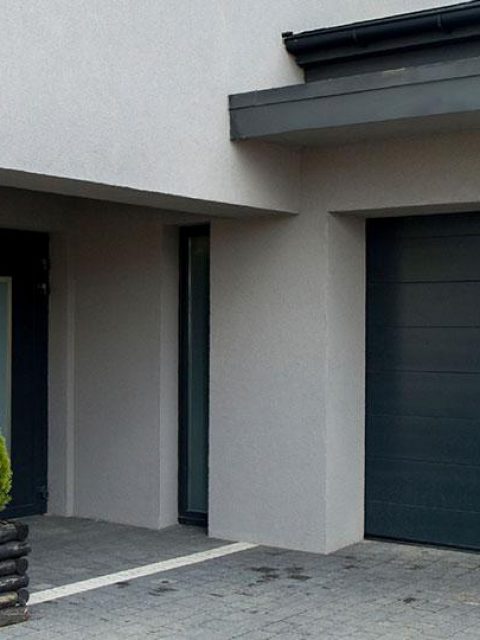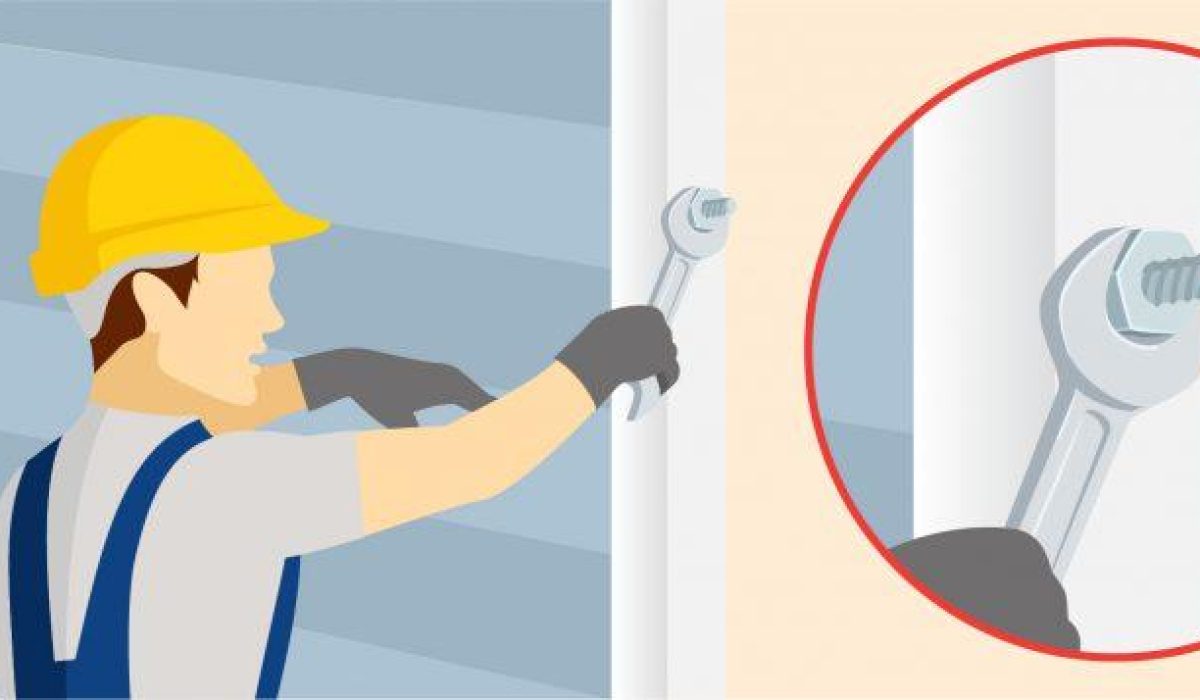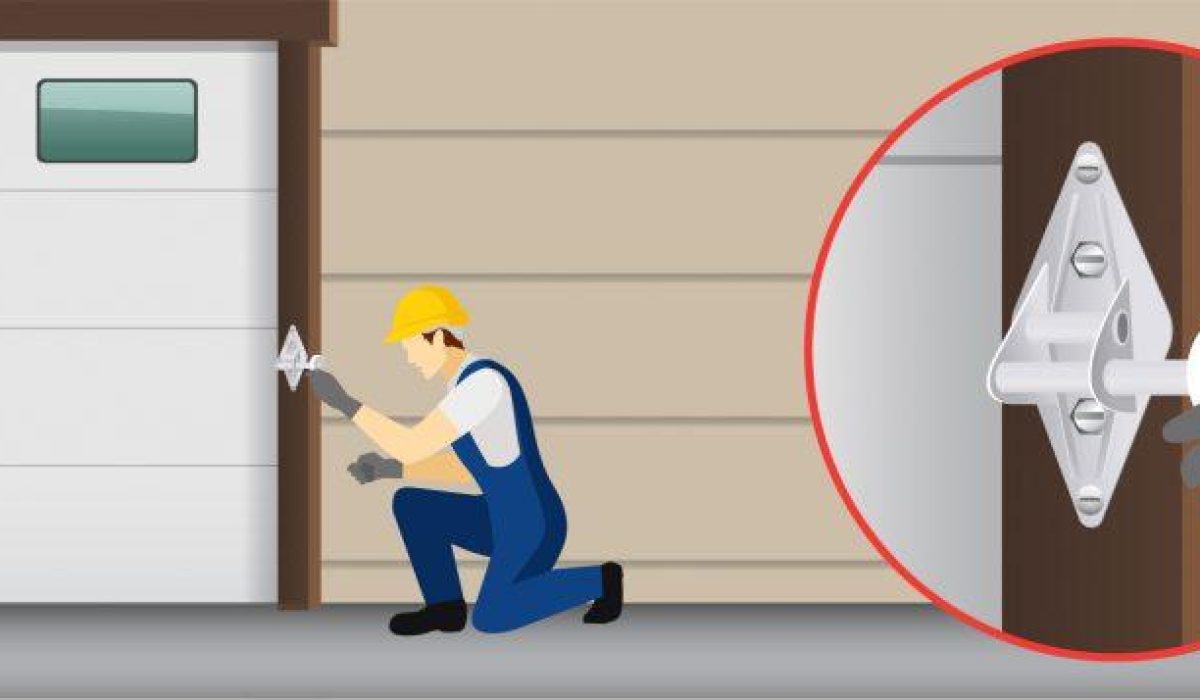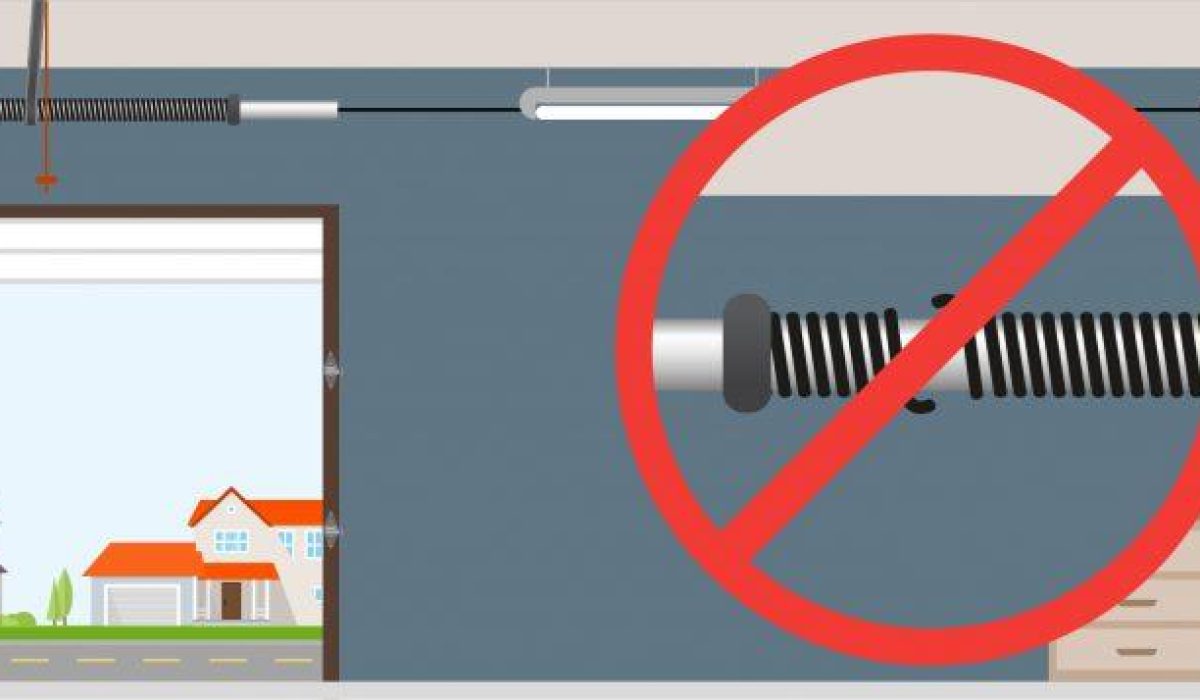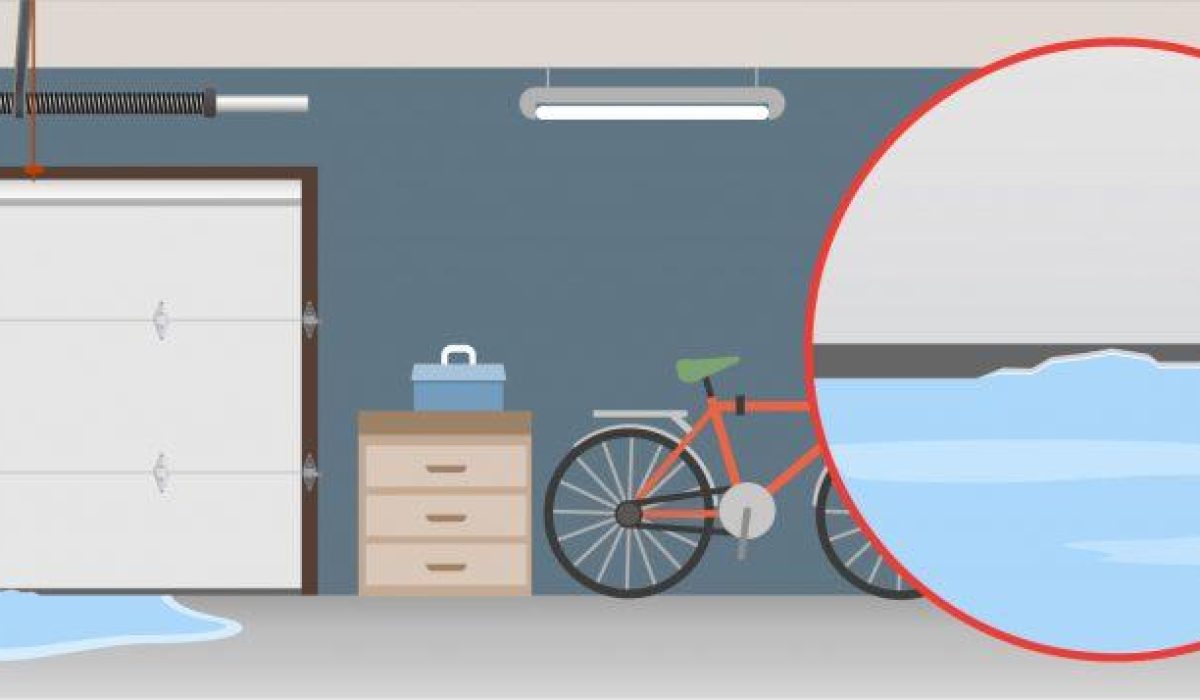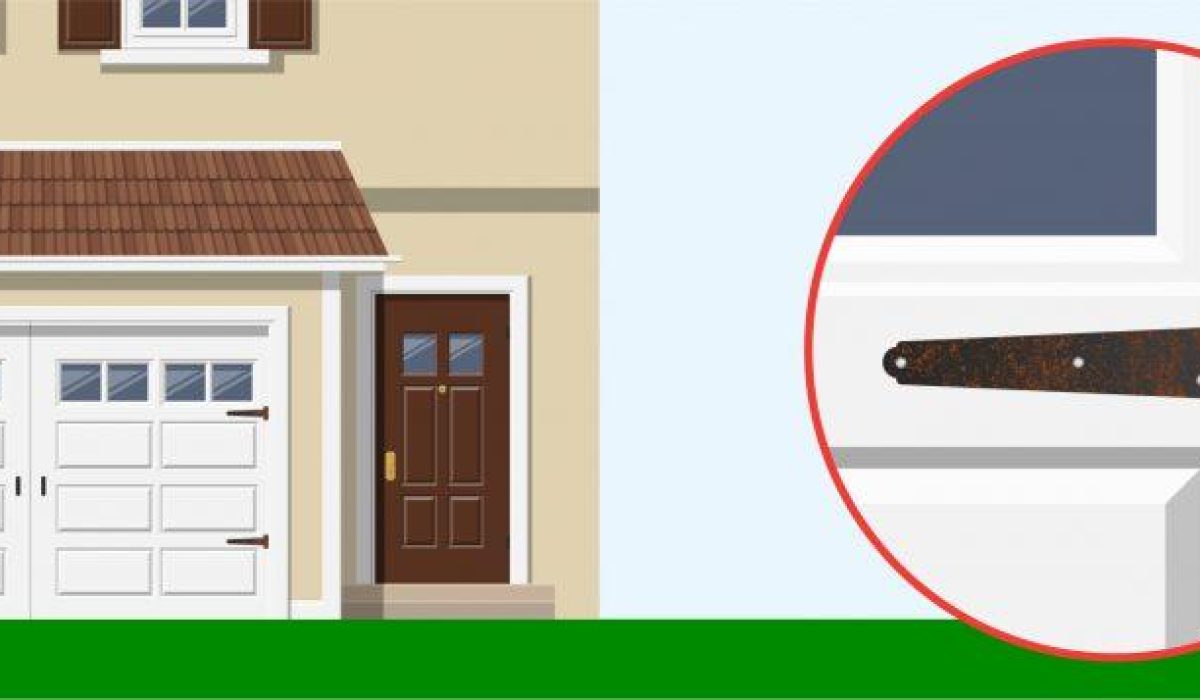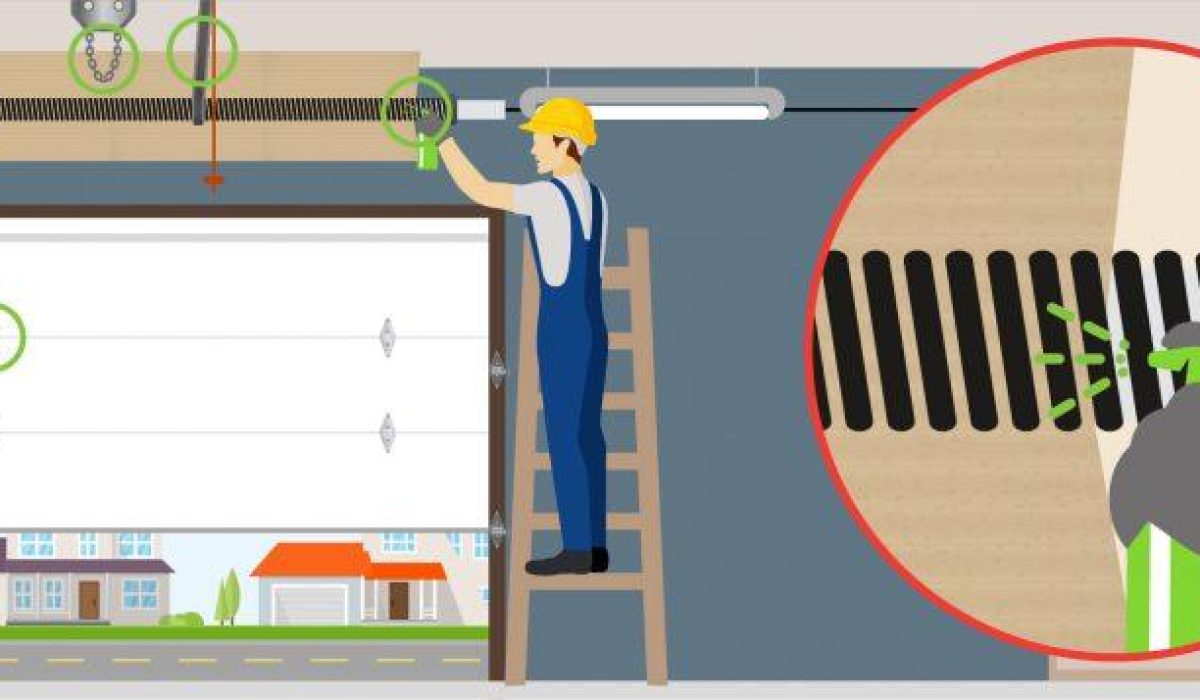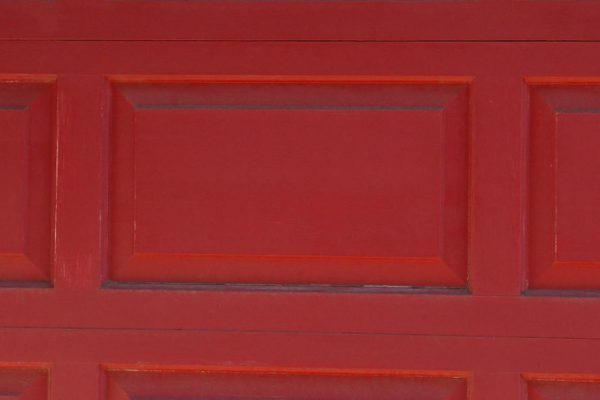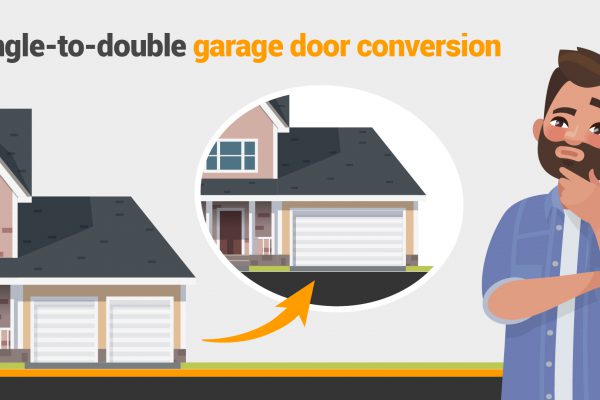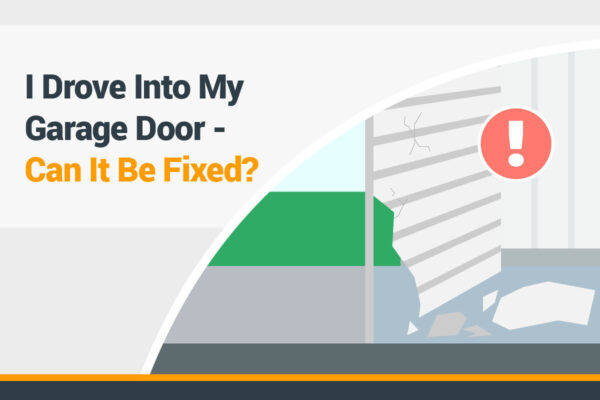How To Fix A Noisy Garage Door
Whether it’s screeching, rattling or grinding, if your garage door is too loud it won’t make you too popular with the neighbours. Noisy garage doors are usually the result of worn parts, loose components or poor lubrication.
In this handy guide, we’ll outline how to diagnose what may be causing the irritating sounds and outline some easy tips on how to fix a noisy garage door and make your garage door quieter.
To begin with…
Spare a moment to do a quick visual inspection. Cast an eye over your garage door, taking note of any dents, marks, worn rollers, rusty components, or scratched surfaces. This initial inspection will give you a basic idea of potential faults or aged elements. Once you’ve made a note of any abnormalities, read on to see how they could be causing a problem.
6 Causes and Solutions for a Noisy Garage Door
Loose garage door components
First, tighten the nuts and bolts on the door and track. The loud noise may just be a simple case of loose components, in which case, a quick twist of a wrench could be enough to silence your garage door. Be careful not to tighten too much, though.
Worn out garage door rollers
Friction is the number one reason for your garage door to produce unusual noises. Old metal rollers can make a screeching sound when moving due to years of rubbing against the tracks, and can also wobble during motion. Observe your rollers in safety. If you think they may be the culprit then a garage door professional, such as Doormatic, will replace your rollers with nylon versions. This material is much quieter, requires less lubrication and is relatively inexpensive.
Garage door spring problems
Your garage springs control the smooth and safe movement of a garage door. A faulty spring may be responsible for your garage door hitting the floor too hard, and therefore causing a loud racket. No matter how adept you are at DIY, attempting to fix or replace springs, especially torsion springs, can result in serious injury to the untrained. A professional should always be consulted on issues relating to springs.
Damaged garage door insulation strip
Another reason for a loud garage door could be because the insulation strip on the bottom is worn through or missing completely – the telltale sign is if it closes with a loud bang. Accompanying symptoms may also be draughts or water seeping through. A garage door specialist will be able to replace the insulation strip quickly and safely.
Old garage door hinges
Sometimes old hinges can be to blame for a noisy door. Coupled with squeaking sounds, you may also notice grey dust or filings around the hinge pin or an oblong pin hole, instead of the healthy round shape. A garage door engineer can replace the hinges for you and advise on future upkeep.
Lack of garage door lubrication
As a constantly moving mechanism, a garage door can become stiff and noisy over time. Spray a lubricant on the inside of the springs, the hinges, the inside of the tracks, over the metal rollers, and along any chain assemblies. Whether this solves the issue or not, lubricating the moving parts of your garage door is good maintenance practice and should ideally be done twice a year.
Remember: Aspects of your garage door are operating under spring tension, which can cause injury when not handled by a professional. Always seek the guidance and skills of engineers, such as Doormatic, who can ensure your garage door issues are fixed with precision, quality and safety in mind.
Still want to know more about how to make a garage door quieter? The best way to quickly diagnose a fault is to get a professional on the case. Doormatic have over 20 years’ experience at maintaining, repairing and supplying a vast range of garage doors of many makes and models. Get in touch today to find out more.

About Doormatic Garage Doors
Doormatic Garage Doors is a well-established independent supplier of garage doors based in Guildford, Surrey and Chalfont St Peter, Buckinghamshire.
